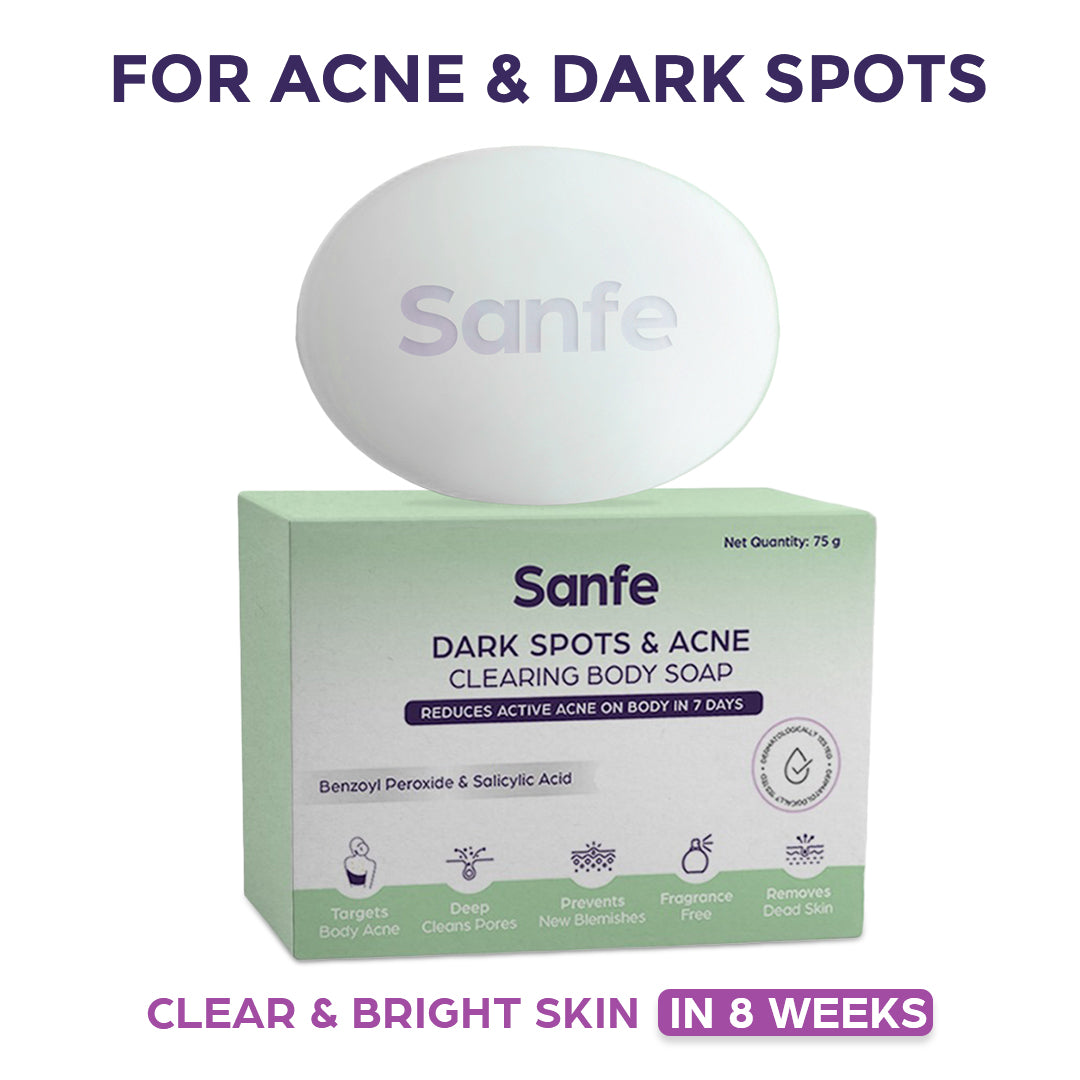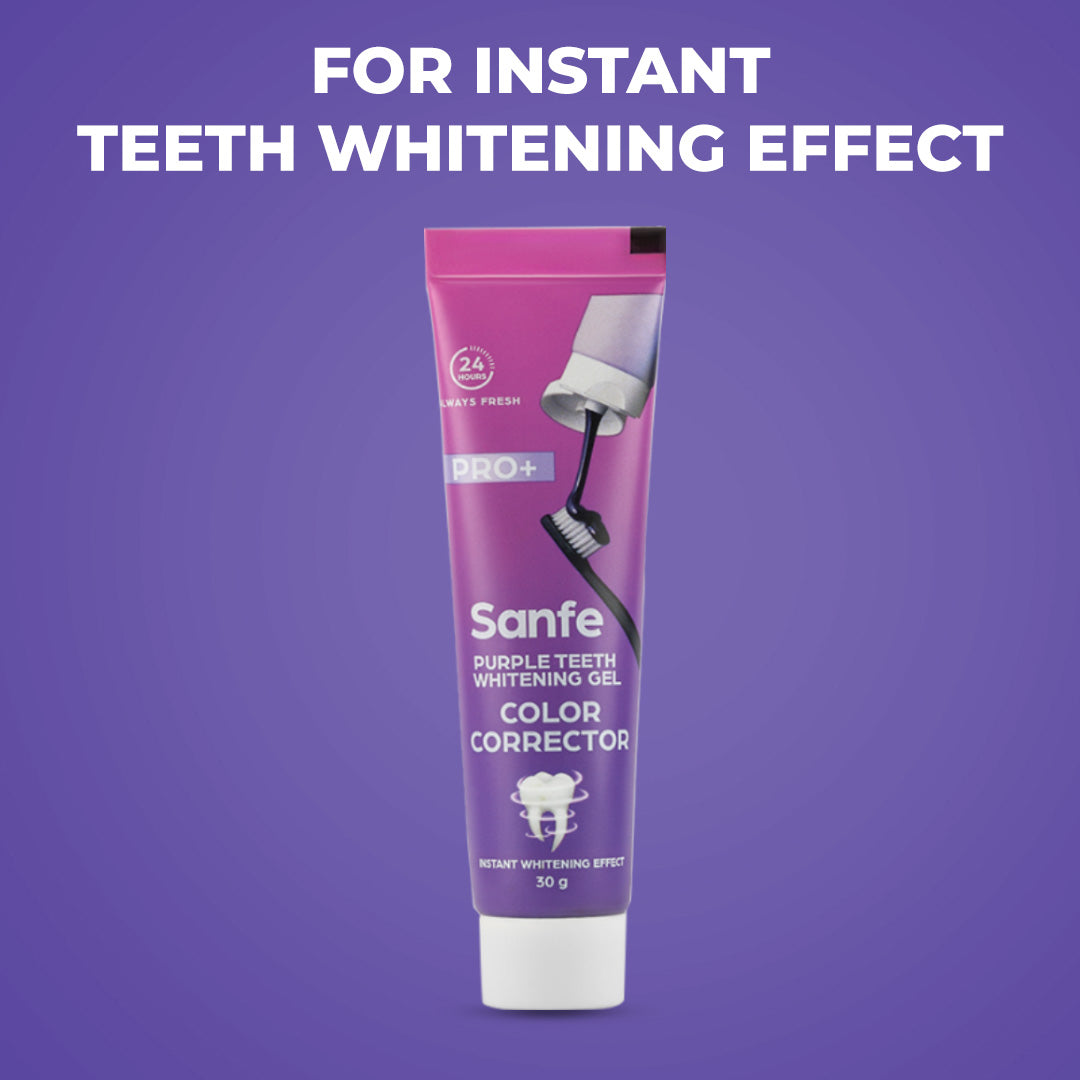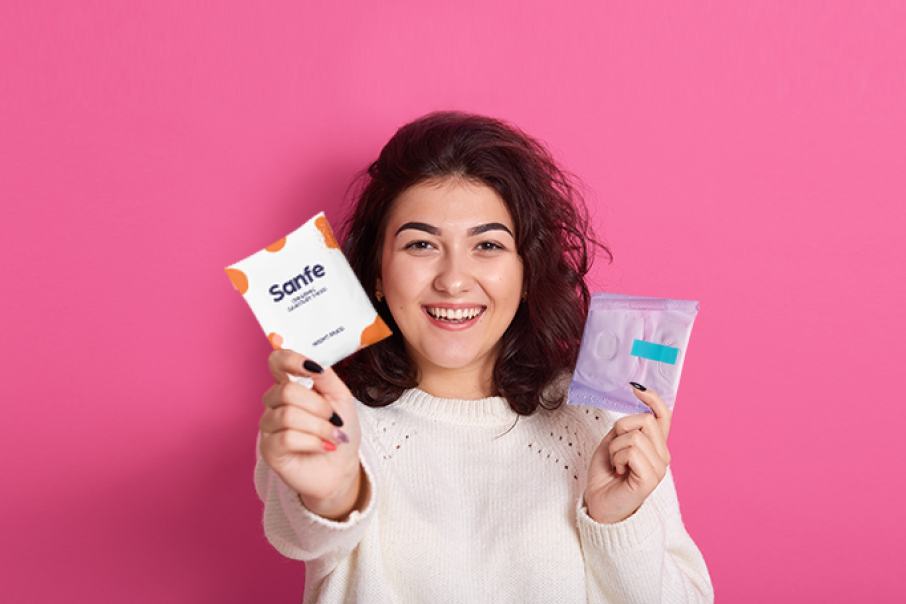We all know that vaginas are self-cleaning, but did you know that they are quite a sponge when it comes to absorbing things applied to it? Yes, vaginas and our genital area absorb whatever is applied there and that’s why, some medications are delivered vaginally. Now, say you don’t have any medical issues and are using a regular sanitary pad, then your vagina is probably doping on the chemicals present in the pad.
We too were scared out of wits when we learned that the first time, which led us to create 100% organic cotton sanitary pads. So, should you go for them or stick to the regular, synthetic pads you’ve been using? Here’s a low down on them.
Comfort (and chemicals)
The plastic content and chemicals in conventional sanitary pads shouldn’t come as a surprise as the surface is visibly perforated and the packaging often mentions a cottony feel (and not cotton). These perforations also make them bumpy which give rise complaints of chafing, irritation, and rashes. On top of that, they are bleached, a process which leaves dioxides inside the pad material which are known to cause endometriosis.
Further, these pads contain BPA, a chemical that is known to disrupt hormonal balance and mood swings. You can avoid it in the food, but regular pads that leak BPA around your vagina during periods would make up for it.
Here’s a video where we show how the difference between Sanfe Rash-Free Bamboo Sanitary Pads and regular pads.
Breathability and dry feel
Are cotton pads as absorbent as regular pads? – this is a common question. The short answer is ‘Yes, they are’.
Regular pads contain a superabsorbent core of Sodium Polyacrylate which can absorb 100 times of its weight! The downside is that this chemical is highly toxic not just when inhaled or ingested, but upon touching too. That’s not something we want in and around our intimate area. As a replacement, organic pads contain a cellulose core which is equally absorbent and in line with the industry standards.
Sanfe organic pads contain a bamboo-fibre core which locks menstrual fluid away and keeps you dry.
Fragrance for freshness
Most conventional sanitary pads have added fragrance to mask the foul odour of the menstrual blood and give a feeling of freshness. However, that is another set of artificial chemicals which often is a cause of UTI and bacterial infections.
Organic cotton pads are completely devoid of any fragrance or perfume making them utterly safe for even the sensitive skin type. In fact, our customers have reported feeling fresher with cotton pads as they dry fast and feel more comfortable.
Affordability
Produced on a mass level with cheap material, synthetic pads are of course more pocket-friendly than organic cotton pads, materials of which are sourced with great care and difficulty. So, if you’re on a saving spree, then we suggest you opt for regular pads. However, if you feel that saving shouldn’t come at the cost of discomfort and skin irritation, then our organic sanitary pads are what you should go for.
Also, do keep in mind that synthetic pads take thousands of years to decompose will contribute to tons of pollution and landfills. On that front too, organic cotton pads are a better candidate for your attention and investment.
Are cotton pads different from ‘organic’ cotton pads?
Yes. Conventional cotton is a water-intensive crop which consumes about 20,000 litres of water to produce just 1 kg of cotton! In contrast, organic cotton is mostly rain-fed and uses 80% less water. No pesticides and insecticides are used in farming organic cotton which also means cleaner farming, no toxicity in rivers & soil, and no harm to animals. Plus, an eco-friendly period!
Over to you
Gynaecologists recommend using cotton pads as they are naturally soft and absorbent without any side effects. Even from a hygiene point of view, organic cotton pads are far superior as they actively resist bacterial and fungal growth produced due to excessive moisture. Going organic with daily-use products is a personal choice which often comes at a cost.
Would you prefer paying for doctor’s bills and medicines over naturally comfortable period products? Let us know in the comments below.








